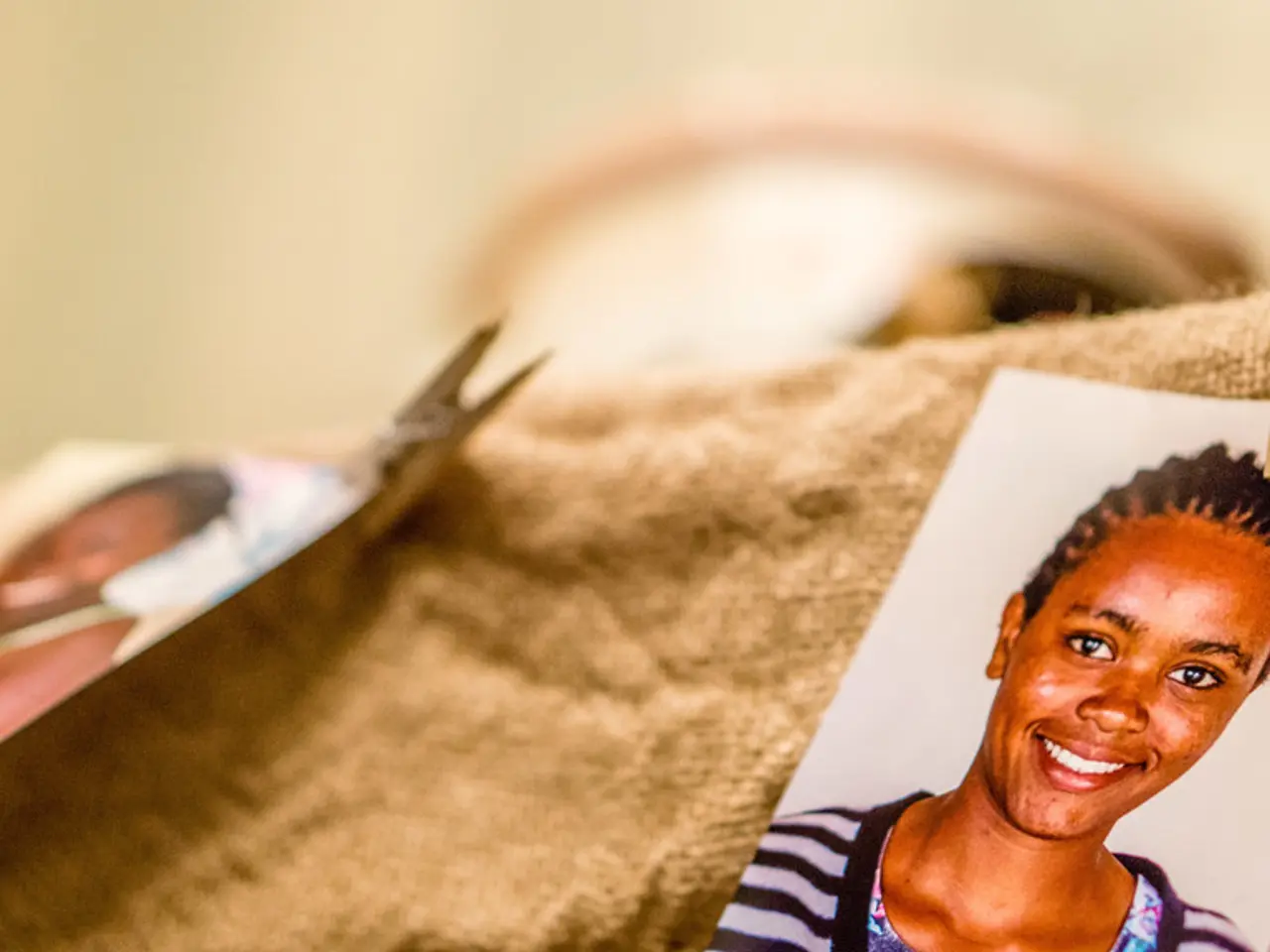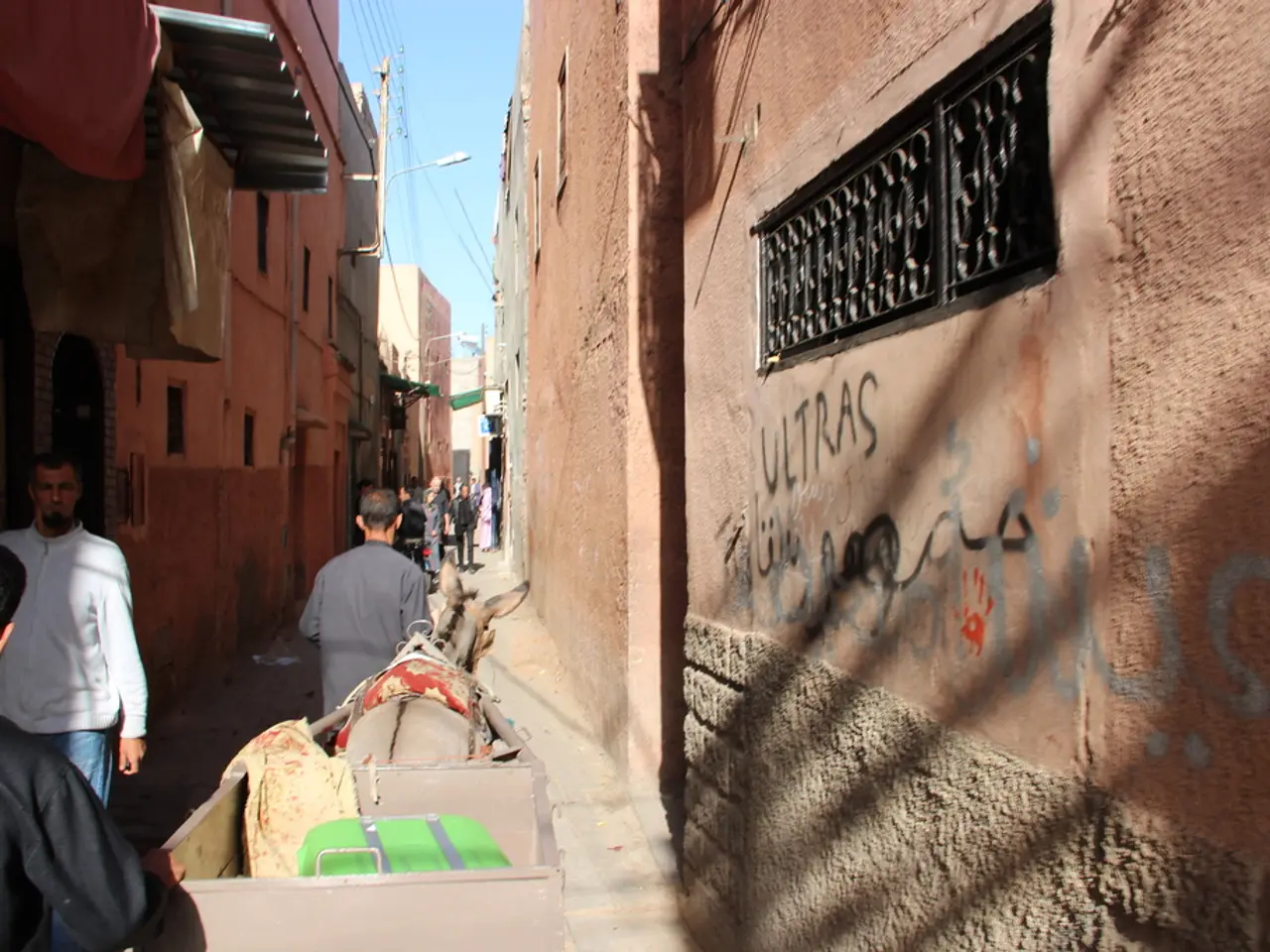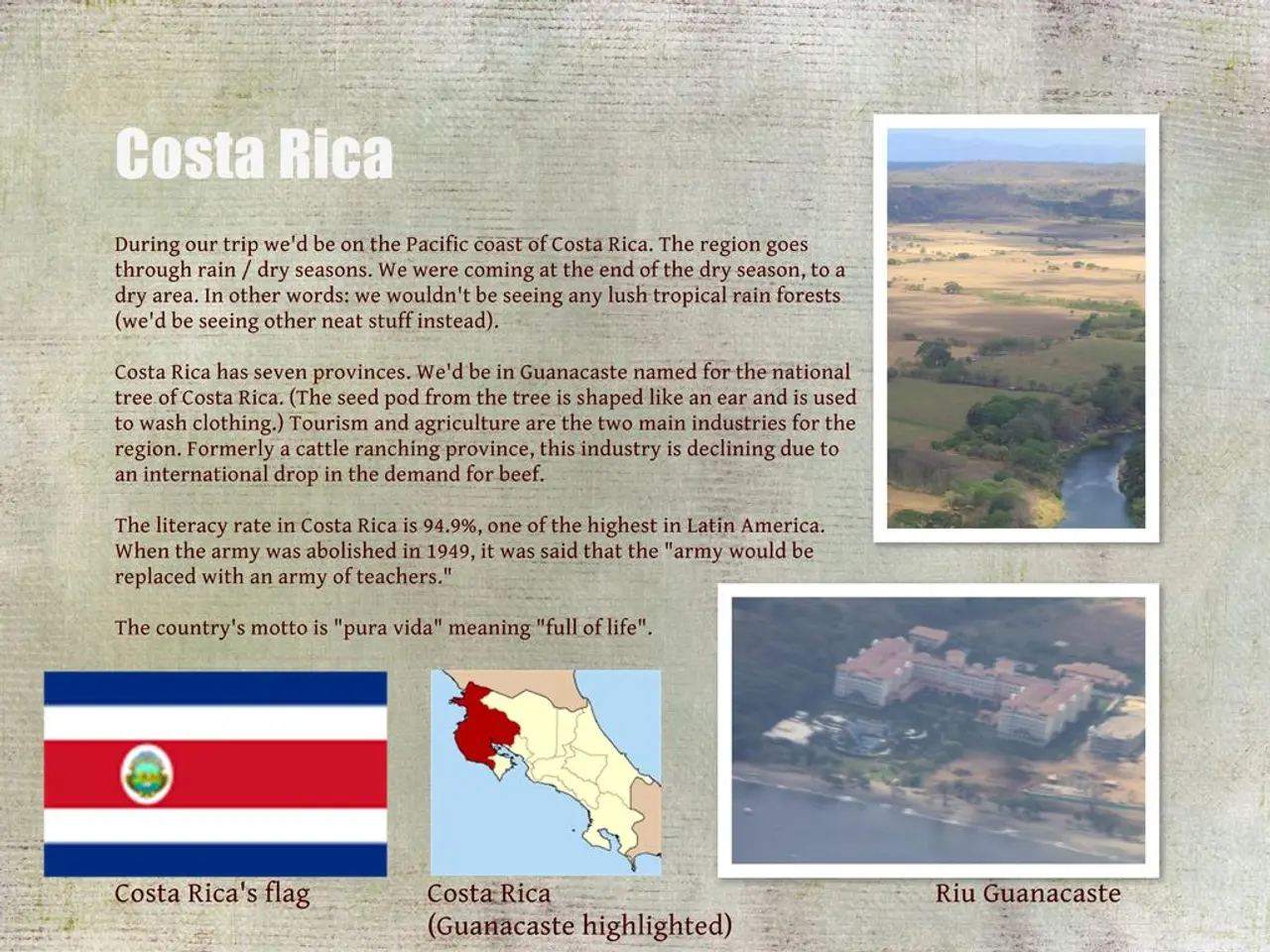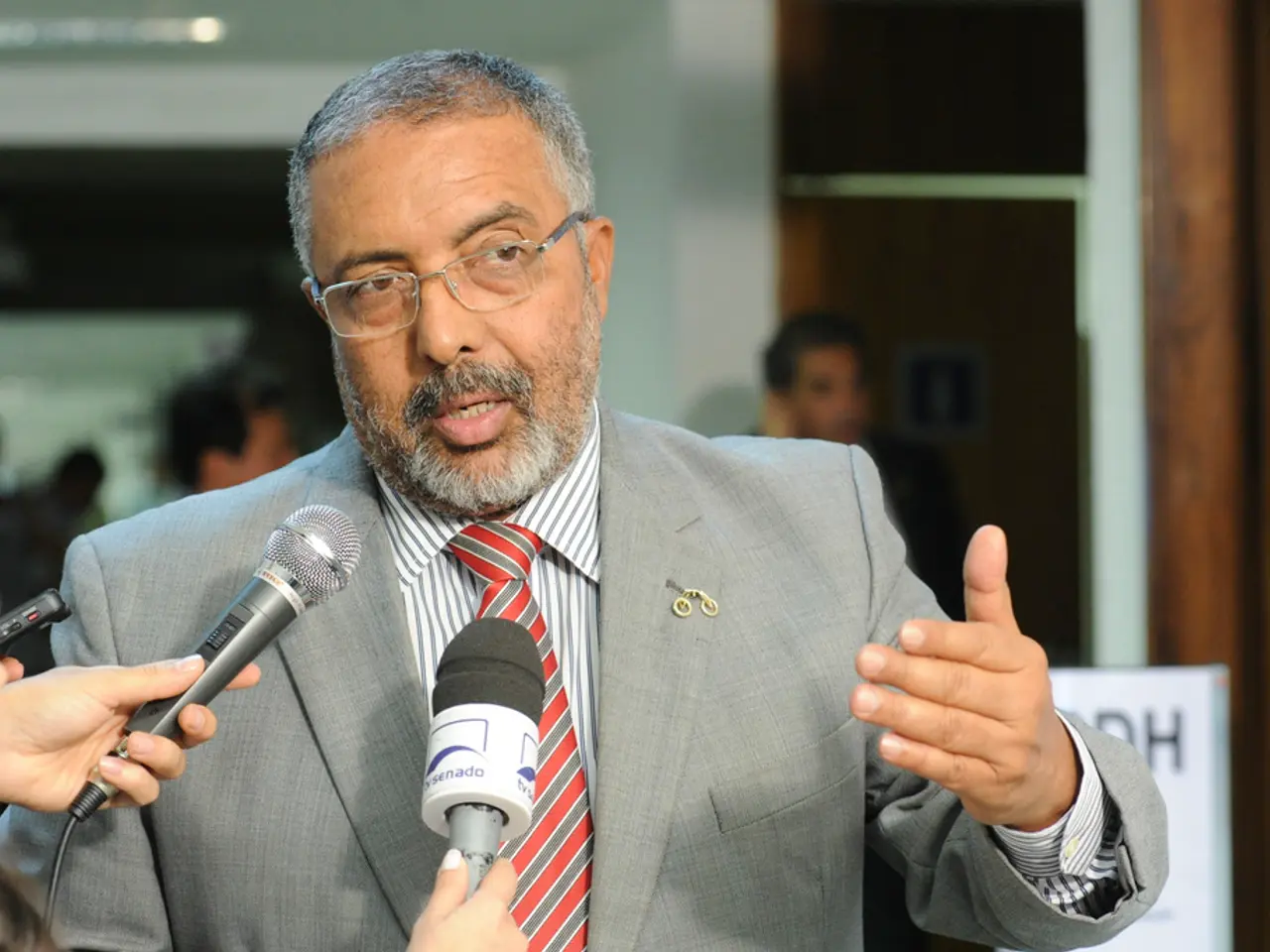Court of Justice Imposes Stricter Conditions - Meloni Expresses Outrage
The European Court of Justice (ECJ) has made a landmark decision on the designation of "safe countries of origin," causing a stir among EU member states, particularly Italy. The ruling, which supports the right of EU countries to expedite deportations of asylum seekers, has been met with both enthusiasm and criticism.
Wiebke Judith, spokesperson for PRO ASYL, expressed concern about the potential for "lawless zones" outside the EU, where member states might shirk their responsibilities towards asylum seekers. This sentiment was echoed by Elly Schlein, leader of the social democratic opposition, who accused the Italian government of making an "illegal decision" that now requires consequences.
The ECJ's ruling was triggered by the "Albania model," an initiative of the right-wing coalition under Italian Prime Minister Giorgia Meloni. The model involves Italy concluding a bilateral agreement with Albania for processing asylum applications from male refugees from "safe countries of origin" rescued in the Mediterranean in accelerated procedures in facilities on Albanian territory.
However, the human rights record of the "Albania model" has been criticized for issues such as mass detentions, lack of access to legal aid, opacity, and the absence of democratic oversight. Homosexual people are massively persecuted and prosecuted by the police in Tunisia and Morocco, making Senegal and Ghana's inclusion on the BAMF list questionable, despite homosexuality being punishable there.
Prime Minister Meloni sees a threat to Italy's migration policy due to the ECJ ruling. Despite Italian courts blocking the project, Meloni's administration is moving forward with it, pursuing a controversial "out of sight, out of mind" policy with the Albanian facilities. Meloni's criticism of the ECJ decision has been dismissed as "empty propaganda" and a "false victim role" by former Italian Prime Minister Giuseppe Conte.
The ECJ decision also demands transparency on countries of origin, a requirement that may pose problems for the Italian government, particularly given the timing of the ruling, which comes before the entry into force of a new EU migration package. The discussion about including Tunisia in the list of "safe countries of origin" has been ongoing, with the former interior minister Nancy Faeser advocating for increased deportations there.
In summary, the ECJ ruling has legitimized the right-wing position that states can identify safe countries to speed asylum procedures and deportations, reinforcing their immigration policy goals, even though it requires careful evidence and judicial safeguards. The controversy surrounds the implications of this ruling on vulnerable groups, such as Sinti and Roma in Serbia, and homosexual individuals in countries like Tunisia and Morocco, as well as concerns about transparency and democratic oversight.
- The ECJ's decision on "safe countries of origin" has sparked debates in the realm of politics and policy-and-legislation, particularly regarding its implications for vulnerable groups, such as Sinti and Roma in Serbia, and homosexual individuals in countries like Tunisia and Morocco.
- The decision has also raised concerns about transparency and democratic oversight in the general-news context, as the ECJ's ruling came before the entry into force of a new EU migration package, potentially posing problems for the Italian government.






